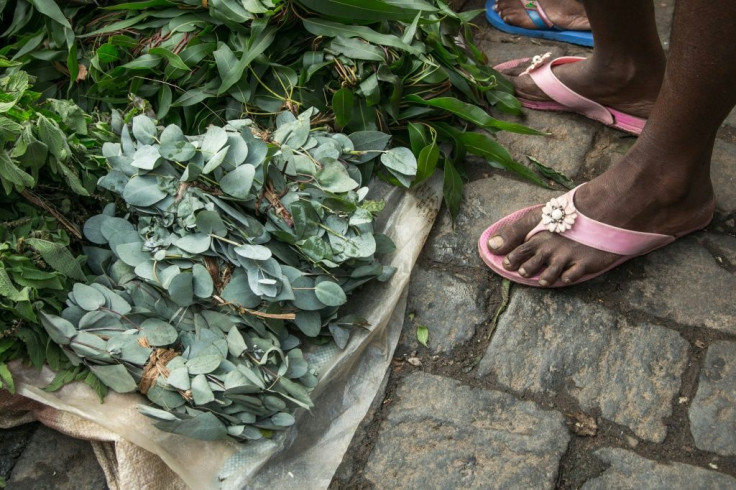Chaste Tree Helps Treat Mild COVID-19 Symptoms, Filipino Researchers Say
KEY POINTS
- Chaste tree could help treat mild symptoms among COVID-19 patients, a study has found
- Patients who were given chaste tree became symptom-free faster than those who were not given the herb
- The final results of the study will be released in July
Using chaste tree to treat COVID-19 could help get rid of mild symptoms among patients, a study has found.
The traditional herb known as chaste tree, or lagundi, was recently found to help alleviate symptoms among COVID-19 patients. This is according to an analysis shared Wednesday by the Philippines' Department of Science and Technology (DOST).
The Food and Drug Administration approved the clinical trials on lagundi as a supplemental treatment back in July 2020, Inquirer reported. The study on the herb wants to find out if lagundi is able to decrease the likelihood of developing severe symptoms when battling the coronavirus.
The research involves 278 patients diagnosed with COVID-19; half of the subjects were given lagundi while the others were not. The initial findings showed that the condition of those who took lagundi significantly improved faster.
"They all recovered. The difference is first, for those who used lagundi, their sense of smell returned quickly," said DOST Secretary Fortunato Dela Peña.
The official, however, pointed out that although the patients who took lagundi became symptom-free faster, the general speed of recovery remained the same as with those who did not take the herb, ABS-CBN News has learned.
"The symptoms of those who took lagundi disappeared sooner. But it all took them seven to eight days to recover, and there were no adverse effects."
Loss of smell is one of many symptoms that COVID-19 patients experience. As for the patients who took lagundi, however, their sense of smell reportedly improved faster compared to the other group in the study.
Researchers of the study now want to finish the analysis and determine how lagundi affects the amount of virus present in a patient's blood. If the results are promising, the scientists expect the country's Department of Health to let the clinical trial move to moderate cases, according to the Philippine News Agency.
"If the results are good, we expect the DOH to recommend this and the trial could extend to moderate cases," said Dela Peña. The secretary added that the final results of the trials may come out later this month.

© Copyright IBTimes 2024. All rights reserved.





















